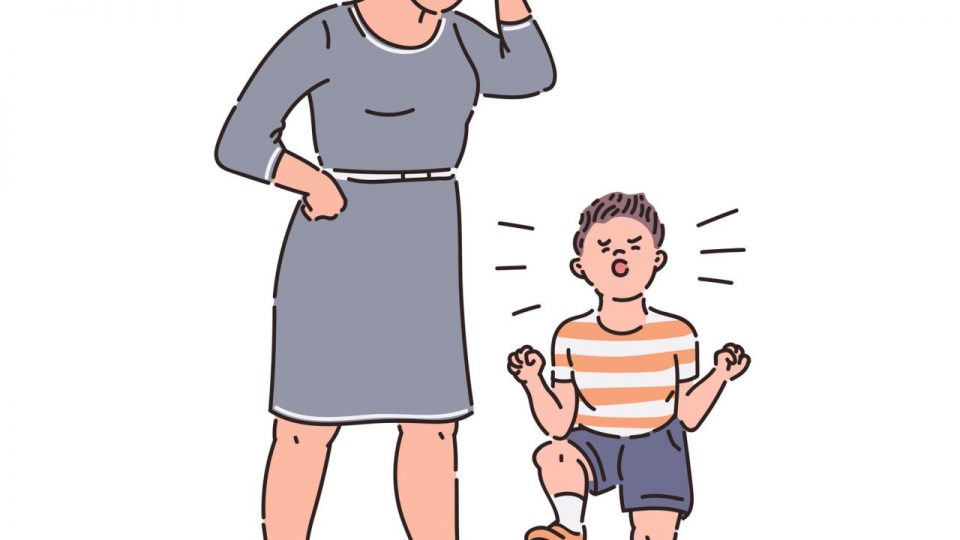All the young children around us can be naughty, defiant and impulsive from time to time, which is perfectly normal. However, some children have extremely difficult and challenging behaviours that are outside the norm for their age
The most common disruptive behaviour disorders include oppositional defiant disorder (ODD), conduct disorder (CD) and attention deficit hyperactivity disorder (ADHD). These three behavioural disorders share some common symptoms, so diagnosis can be difficult and time-consuming. A child or adolescent may have two disorders at the same time. Other intense factors can include emotional problems, mood disorders, family difficulties and substance abuse. There are several disorders in children, all we need to do is figure it out in the right way and treat the children with love because love can overcome any disorder.
Oppositional defiant disorder
Children under the age of ten years are thought to have oppositional defiant disorder. Here are some of the typical behaviours of a child with CDD includes;
- Easily angered, annoyed or irritated
- Frequent temper tantrums
- Argues frequently with adults, particularly the most familiar adults in their lives, such as parents
- Refuses to obey rules
- Seems to deliberately try to annoy or aggravate others
- Low self-esteem
- Low frustration threshold
- Seeks to blame others for any misfortunes or misdeeds.
Attention deficit hyperactivity disorder
Some of the children also have attention deficit hyperactivity disorder.
- Inattention
- Impulsivity
- Overactivity
Conduct disorder
Children having conduct disorder as generally judged as bad kids because of their behaviours and refusal to accept rules.
- Frequent refusal to obey parents or other authority figures
- Repeated truancy
- Tendency to use drugs, including cigarettes and alcohol, at a very early age
- Lack of empathy for others
- Being aggressive to animals and other people or showing sadistic behaviours including bullying and physical or sexual abuse
- Keenness to start physical fights
- Using weapons in physical fights
- Frequent lying
- Criminal behaviour such as stealing, deliberately lighting fires, breaking into houses and vandalism
- A tendency to run away from home
- Suicidal tendencies – although these are rarer.
Treatment of behavioural disorders in children:
Untreated children with behavioural disorders may grow up to be dysfunctional adults. Generally, the earlier the intervention, the better the outcome is likely to be. So all parents should do proper treatment of behavioural disorders in their children. Here are some ways of treatment that we should follow for disorders in children
- Parental education – for example, teaching parents how to communicate with and manage their children.
- Family therapy – the entire family is helped to improve communication and problem-solving skills.
- Cognitive behavioural therapy – to help the child to control their thoughts and behaviour.
- Social training – the child is taught important social skills, such as how to have a conversation or play cooperatively with others.
- Anger management – the child is taught how to recognise the signs of their growing frustration and given a range of coping skills designed to defuse their anger and aggressive behaviour. Relaxation techniques and stress management skills are also taught.
- Support for associated problems – for example, a child with a learning difficulty will benefit from professional support.
- Encouragement – many children with behavioural disorders experience repeated failures at school and in their interactions with others. Encouraging the child to excel in their particular talents (such as sport) can help to build self-esteem.

